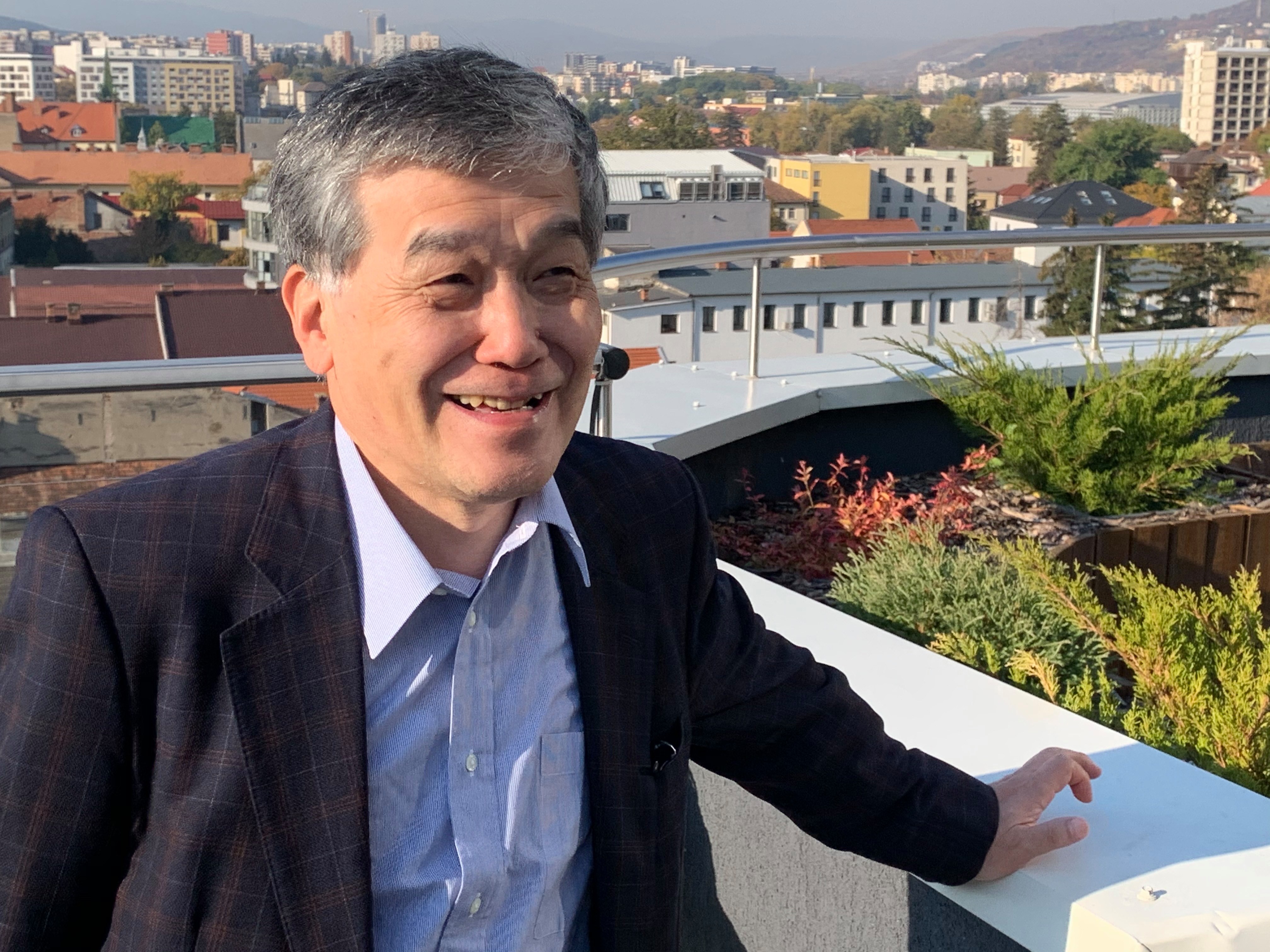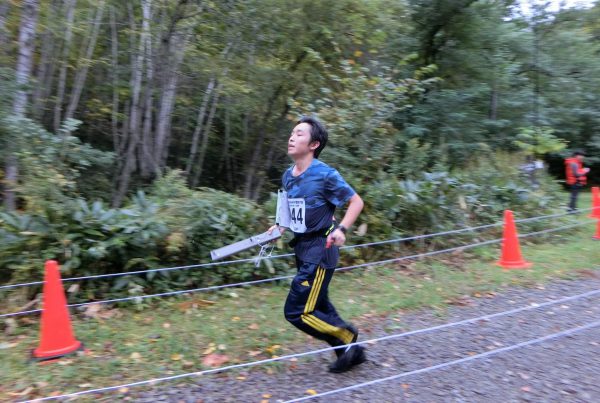The Nagaoka Review team sat down with Professor Nobuhiko Azuma, the President of Nagaoka University of Technology (NUT) to talk about his view of education in Japan, changes that is happening at the University and his vision for NUT to prepare students to cope with the rapid changes in the world.

Do tell us more about yourself
30 years ago, I left Hokkaido University in 1990 to join Nagaoka University of Technology (NUT). My field of expertise was in the Science of Snow and Ice. Basically, it’s Earth Science ,whereby I study the physical and mechanical properties of snow and ice. I came to Nagaoka because there is heavy snow here, and snow disasters such as avalanches happen here. Unfortunately, snow is getting lesser and lesser now due to global warming.
I have been to Antarctica twice to study the Antarctic ice sheet and do ice core sampling. My first time being posted there was in 1987. My team and I were engaged in ice drilling at the Asuka Station.

Upon returning, I continued serving in Hokkaido University before subsequently coming to NUT. 5 years later, I was sent to Antarctica for the second time and was stationed at the Dome Fuji camp for a year. The elevation was 3810m above sea level, which is almost the same as Mt. Fuji, hence the name. Back then, we did some deep drilling. We managed to do a 2,500m depth dig, took a lot of ice samples to be analyzed.

Why did you choose to be an Educator?
In the beginning, I didn’t want to be an educator. I guess most academicians who are Research-driven would understand this feeling. When we did our research at the University, we were also required to teach students. Slowly, I discovered that education is very important for Scientists and Researchers to contribute back to the society. Whatever we teach our students, they will take it with them when they go back to the society. They need to develop professionally, so it is important for educators to instill a good way of thinking. Besides that, being an educator also gives us the opportunity to ensure continuity by churning out Research successors.

What is your thought on Education in Japan?
In all honesty, the Japanese education system needs an upgrade. In this VUCA world, need to refresh our curriculum more than ever. Right now, we are not outputting enough authentic engineers. It is therefore imperative for Japan to step up the game in order to be comparable with other regions in the world.
A big challenge Japan face is related to the unique Japanese culture. While the Japanese culture has its many charms and positive points, it also has its share of challenges. For one, the culture is as such that individualism is not favored. We do not value individuals who are outstanding. The education system also rewards group action, with cooperation and teamwork being appreciated more than great individual contribution. You might have heard about the concept of Bushido written by Inazo Nitobe and his wife, Mary. Essentially, the book encapsulates the culture of Japan in a nutshell.

As education begins at a young age, it is deeply engrained in people. The Japanese cohesiveness does not help to develop contributing individuals with different thoughts and ideas, resulting in the challenges in developing innovative or new ideas. Therefore, it is important to upgrade our education system to develop people who can participate globally to contribute to the co-creation of the future of humanity and the society.
At this point in time, evolution and change is rapid. Technology evolves daily. But with all the changes, we should not neglect the three most important things in life: Humanity, culture and the society. I hope we could use more Japanese developed technology for more development towards the co-creation of the Society 5.0 by integrating essential key points like the Sustainable Development Goals into our action.
What is your vision for the future of Education?
I believe that we need to think about what kind of engineers, researchers and scientists we aspire to be. As educators, our job is to imagine, lead and co-create the future with our students using technology. I believe that Science is the backbone of it all, with Technology being the enabler in creating a better society.
As we know, Social Innovation is important. We need to imagine how we could review and rebuild the education curriculum. The important point is to think about everyone and not just our own self. We should also nurture human resources through back casting. And I believe that Engineers, Researchers and Scientists should be exposed to the Liberal Arts and Social Sciences to develop them holistically.
What is NUT doing to become the preferred University?
We believe that open-mindedness and diversity is important to pave the way to the future. At NUT, we accept not only international students but also encourage excellent researchers and faculty from around the world to be a part of our growing team. We offer global internship programs with universities around the world to give students exposure to diversity of culture and experiences. It is therefore important to attract open-minded people who can create an inclusive environment for more collaboration to happen.
It is also important to create a place for global education and social engineering. We are hoping to welcome venture-minded talents who are also able to be “Genba-driven” (to be on ground).
Why “Genba-driven”?
At the speed of innovation, it is very important for talents to be on ground to see the changes for themselves. That is the best way for someone to be up to date with what is really happening, rather than being in an insulated office.
What message would you like to share with everyone?
Education needs to be revamped to help students to adapt to the reality of work. We can’t just think about ourself, but shift the focus to the society and the world. But most of all, I believe it is also important to think about how to lead a happy life while doing your best.










